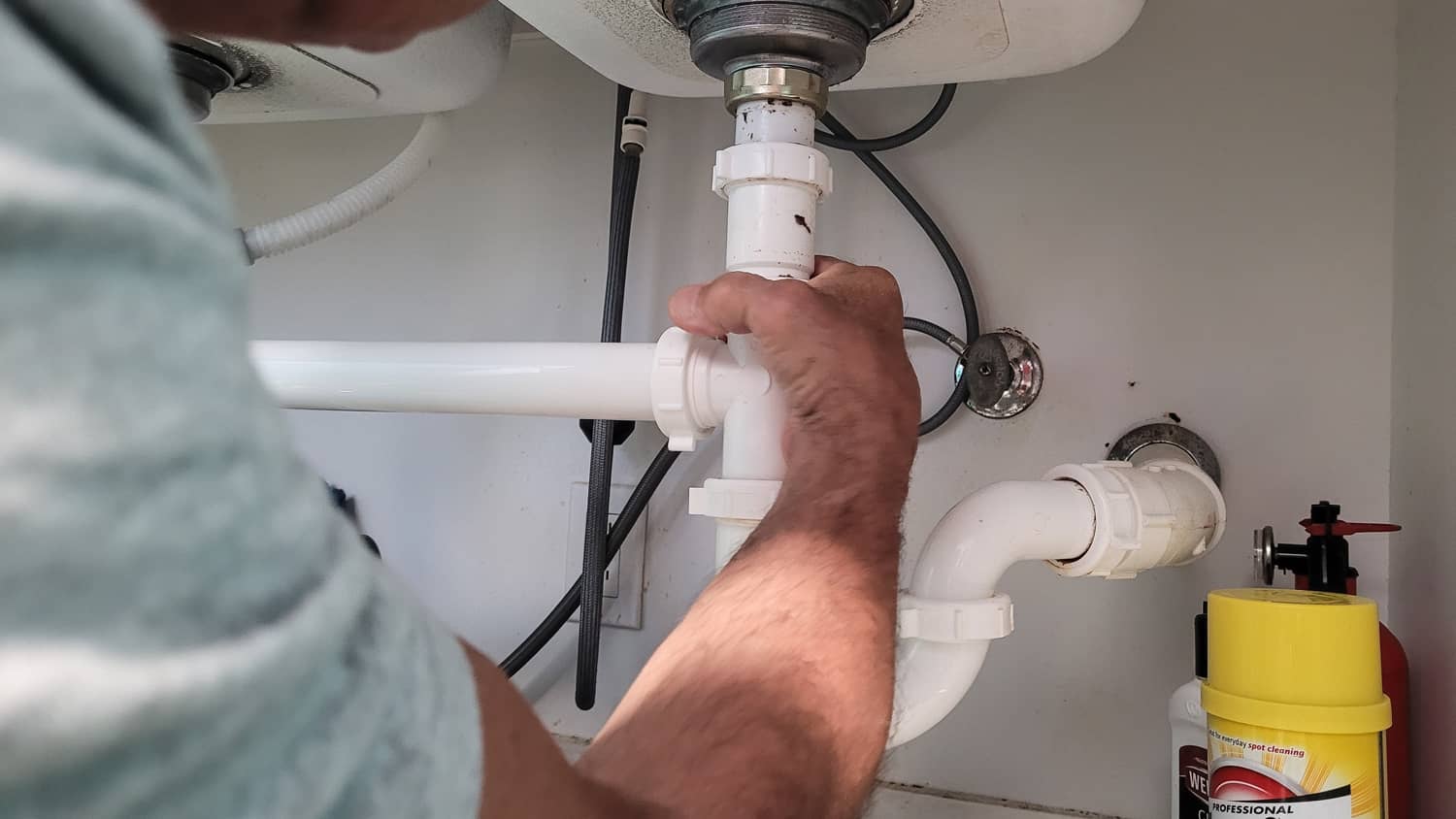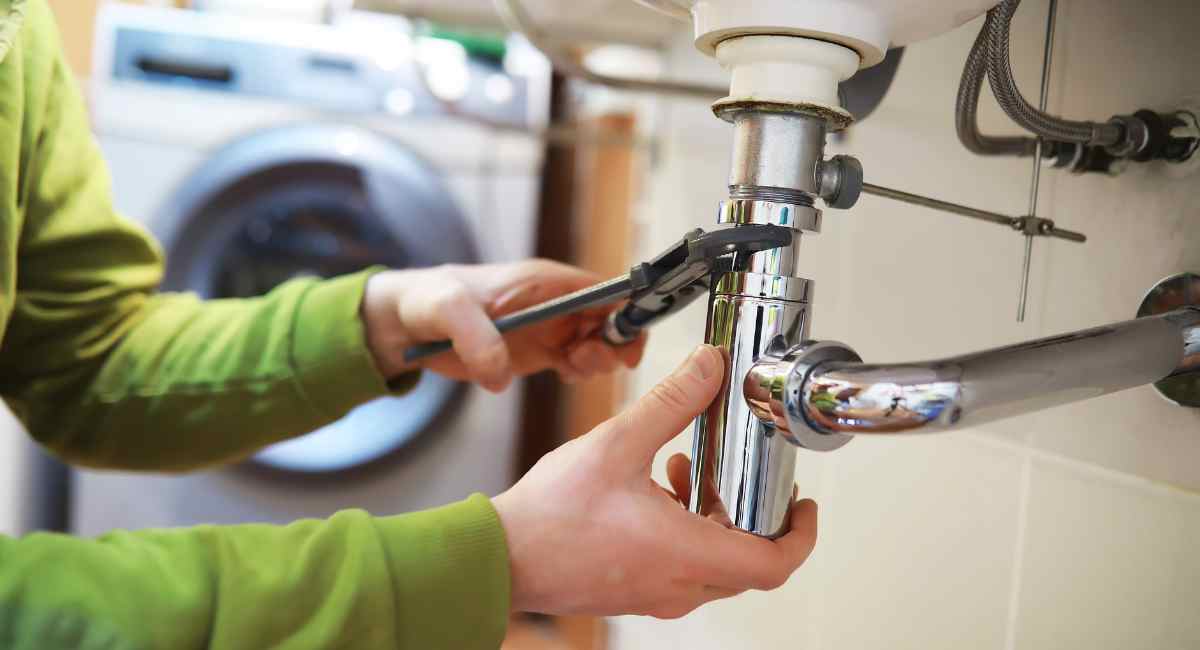When considering the main water line installation cost, it’s essential to understand the factors influencing the expenses. Whether you’re building a new home or replacing an old line, the cost can vary significantly. This article aims to provide valuable insights into the costs associated with water line installation, helping homeowners and real estate developers make informed decisions.

Understanding the Basics of Water Line Installation
Water line installation is a critical component of any residential or commercial plumbing system. It involves connecting your property to the municipal water supply. This process ensures a reliable flow of water for daily needs, including drinking, cooking, cleaning, and more. Knowing the ins and outs of this installation can help manage your expectations and budget.
Factors Affecting the Cost
The main water line installation cost can be influenced by several factors. These include:
- Location: The geographical location of your property can affect the cost due to varying local regulations and labor costs.
- Distance: The length of the line from the municipal connection to your property impacts material and labor costs.
- Material: The type of pipe material, such as copper, PVC, or PEX, can influence the overall cost.
- Labor: The complexity of the installation and the rates of local contractors will affect labor expenses.
Comparing Materials: Which Is Right for You?
Choosing the right material for your water line is crucial. Each option has its pros and cons:
Copper Pipes
Copper is a durable and long-lasting material, but it can be more expensive. It’s resistant to corrosion and can handle high water pressure.
PVC Pipes
PVC is a cost-effective option known for its ease of installation. It’s resistant to corrosion but may not be as durable as copper.
PEX Pipes
PEX is flexible, making it easier to install in tight spaces. It’s also resistant to corrosion and freezing, making it a popular choice for many homeowners.
Steps Involved in Installing a Main Water Line
- Planning: This involves determining the route of the water line and obtaining necessary permits.
- Excavation: Digging trenches to lay the pipes.
- Installation: Laying the pipes and connecting them to the municipal system.
- Testing: Ensuring the system is leak-free and functioning correctly.
- Backfilling: Covering the pipes and restoring the landscape.
Finding the Right Contractor
Hiring a skilled contractor is vital for a successful installation. Look for experienced professionals with positive reviews. Don’t hesitate to ask for references and compare quotes from multiple contractors.
DIY vs. Professional Installation
While some homeowners may consider a DIY approach to save money, it’s generally recommended to hire professionals. A licensed contractor ensures the installation meets all local codes and regulations, providing peace of mind.
Potential Challenges and How to Overcome Them
Challenges such as unexpected obstacles during excavation or issues with permits can arise. Working with experienced contractors can help navigate these challenges efficiently.
Long-Term Savings and Benefits
Investing in a high-quality water line installation can lead to long-term savings. A reliable system reduces the risk of leaks and costly repairs, ensuring a consistent water supply for years to come.
Environmental Considerations
Choosing environmentally friendly materials and practices can contribute to sustainability. Consider options like water-efficient fixtures and smart plumbing solutions for a greener home. For more information on eco-friendly plumbing, check out eco-friendly plumbing fixtures.
How to Get Accurate Estimates
Obtaining multiple quotes from contractors can help you get a more accurate estimate of the main water line installation cost. Be sure to provide detailed information about your property and requirements to receive the most precise estimates.
Importance of Regular Maintenance
Regular maintenance is crucial to ensure the longevity and efficiency of your water line. Schedule periodic inspections to identify potential issues early and avoid costly repairs. Learn more about maintaining your water system at whole house filtration system installation.
Understanding Local Regulations
Familiarize yourself with local building codes and regulations to ensure compliance. Non-compliance can result in fines and delays, impacting the overall cost and timeline of your project.

Frequently Asked Questions
What is the average cost of a main water line installation?
The cost can vary widely based on location, material, and labor. On average, it ranges from $1,500 to $3,000.
Can I install a water line myself?
While possible, it’s not recommended. Professional installation ensures compliance with local codes and reduces the risk of issues.
How long does the installation process take?
The duration depends on the complexity of the project but typically ranges from a few days to a week.
For more information on planning for plumbing during a new home build, visit this helpful guide.
This article contains affiliate links. We may earn a commission at no extra cost to you.



